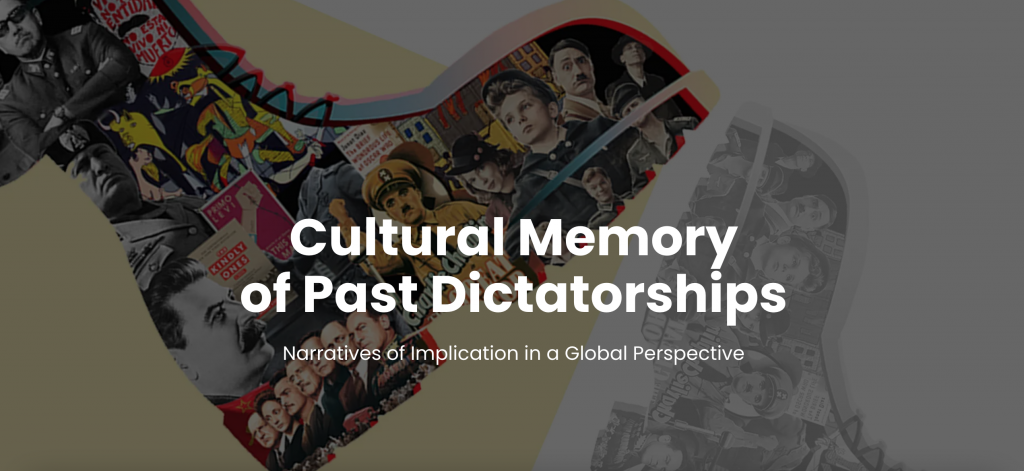
Collaborative Opportunity: Cultural Memory of World War II in Former Axis Powers States
Research Network
The study of the cultural memory of World War II is still affected by disciplinary and language boundaries and would benefit from comparative and transnational approaches. This is particularly true in the case of the cultural memory developed in countries that were former members of the Axis Powers, which tended to narrate the war according to narratives that were affected by the common experience of defeat and the necessity to evade blame for the past.
To contribute to transnationalising the study of cultural memory of World War II, I am interested in building a network of scholars who work on the representation of World War II in national cultures of former Axis Powers states or in states that were associated to the Axis through collaborationist regimes. If you are a researcher working on this topic through the study of any kind of cultural products (literature, cinema, graphic novels, etc…), please get in touch by writing to Dr Guido Bartolini at axis.cultural.memory@gmail.com.
2023 MSA Conference (Newcastle, UK, 3-7 July 2023)
As a first collaborative opportunity, you can submit a paper proposal for the following panel, which will be submitted by 3 October to the 2023 Memory Studies Association Conference. Please note, the event will take place in person and will require speakers to be MSA members.
If interested, please submit a 250-word abstract and a short bio at axis.cultural.memory@gmail.com by Friday 23 September.
Panel: The Axis Powers in Cultural Memory: Transnational Tropes and (Un)Critical Storytelling about World War II
The history of the Axis Powers is a transnational history of international cooperation among states that aimed to create an anti-democratic world order. Centred on the alliance among Nazi Germany, Fascist Italy, and Imperial Japan, the Axis involved many other states — such as Yugoslavia, the Kingdoms of Hungary, Romania, and Bulgaria, and the Republics of Finland and Slovakia — and found the support of collaborative governments all across the world. Through the years, the members of this alliance and their associates perpetrated numerous infamies: they established brutal regimes of occupation, often based on a racist colonial mindset, persecuted minorities, committed war crimes, and made the Holocaust possible. With the defeat of the Axis Powers in World War II, however, the memory of this alliance became extremely problematic and every nations tended to develop memory narratives that concealed past complicities and collective responsibilities. As a result, the memory of World War II in former Axis Powers states has been strongly marked by national mythologies, self-absolving tropes, and redemptive patterns, which were used to counteract the collective burden that stemmed from the responsibility for, and implication in, the Axis crimes.
This panel seeks to explore the construction of the memory of World War II in former Axis states by focusing on postwar cultural production. The panel aims to probe how, throughout the postwar decades, literature, cinema, and other cultural products contributed to the articulation of a memory of the Axis War. Within the concerned national memory cultures, what have been the main tropes that have sustained the representation of World War II? Did these tropes comply with national specificities or did they have transnational relevance? Did cultural production critically engage with the past and fostered awareness of the crimes that were committed by the Axis Powers, or did it support unethical storytelling that displaced the notions of guilt and responsibility?
The panel welcomes contributions that deal with the memory of World War II in former Axis states through the study of any cultural products created in the postwar era, broadly conceived. We welcome papers that adopt a national focus, a comparative approach, or a transnational perspective. While the analysis of specific case studies is welcomed, priority will be given to papers that are able to navigate across various cultural products showcasing the circulation and remediation of specific tropes across representations of World War II in cultural productions of former Axis member states.
For more information, see http://www.culturalmemorypastdictatorships.com/collaborations/
